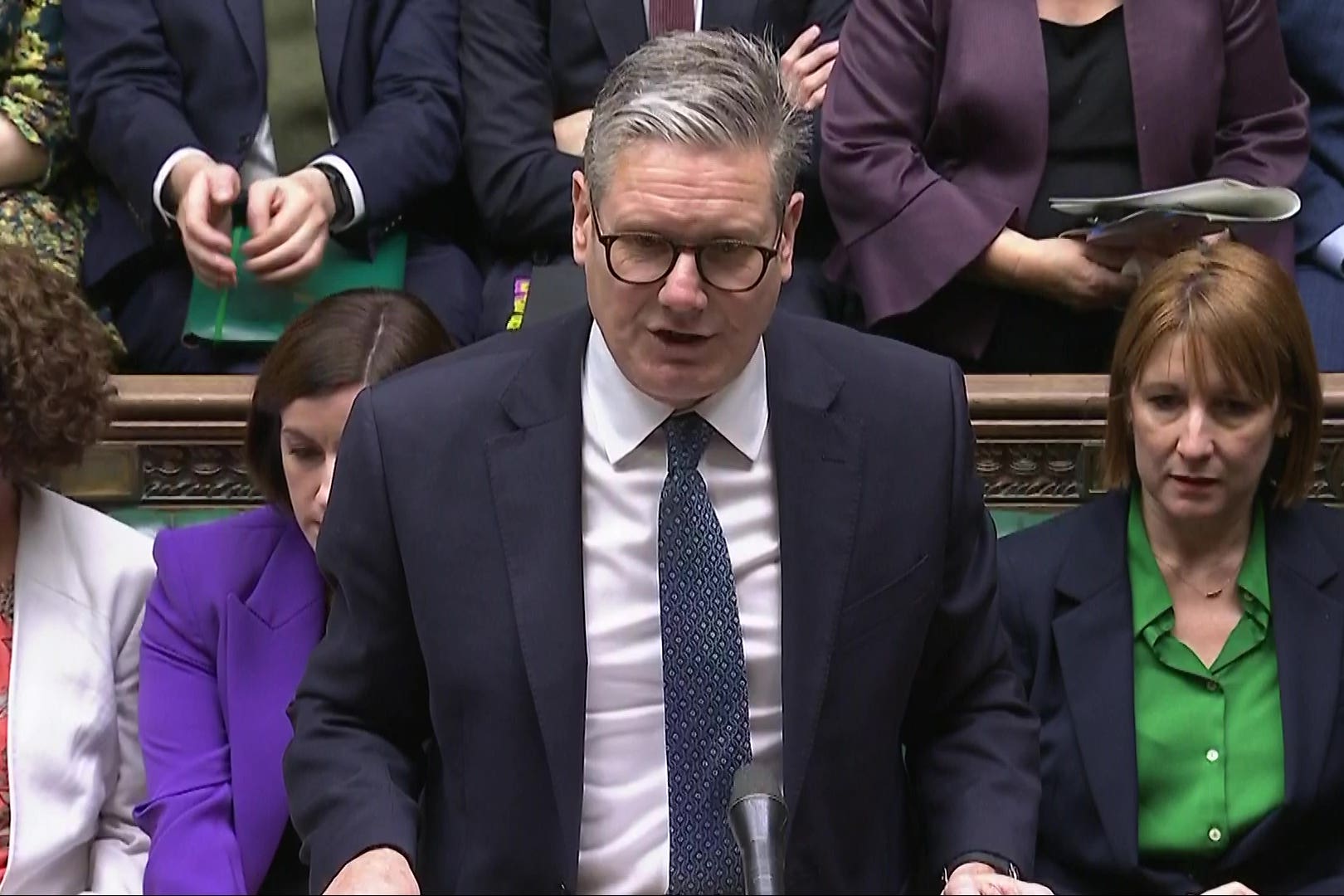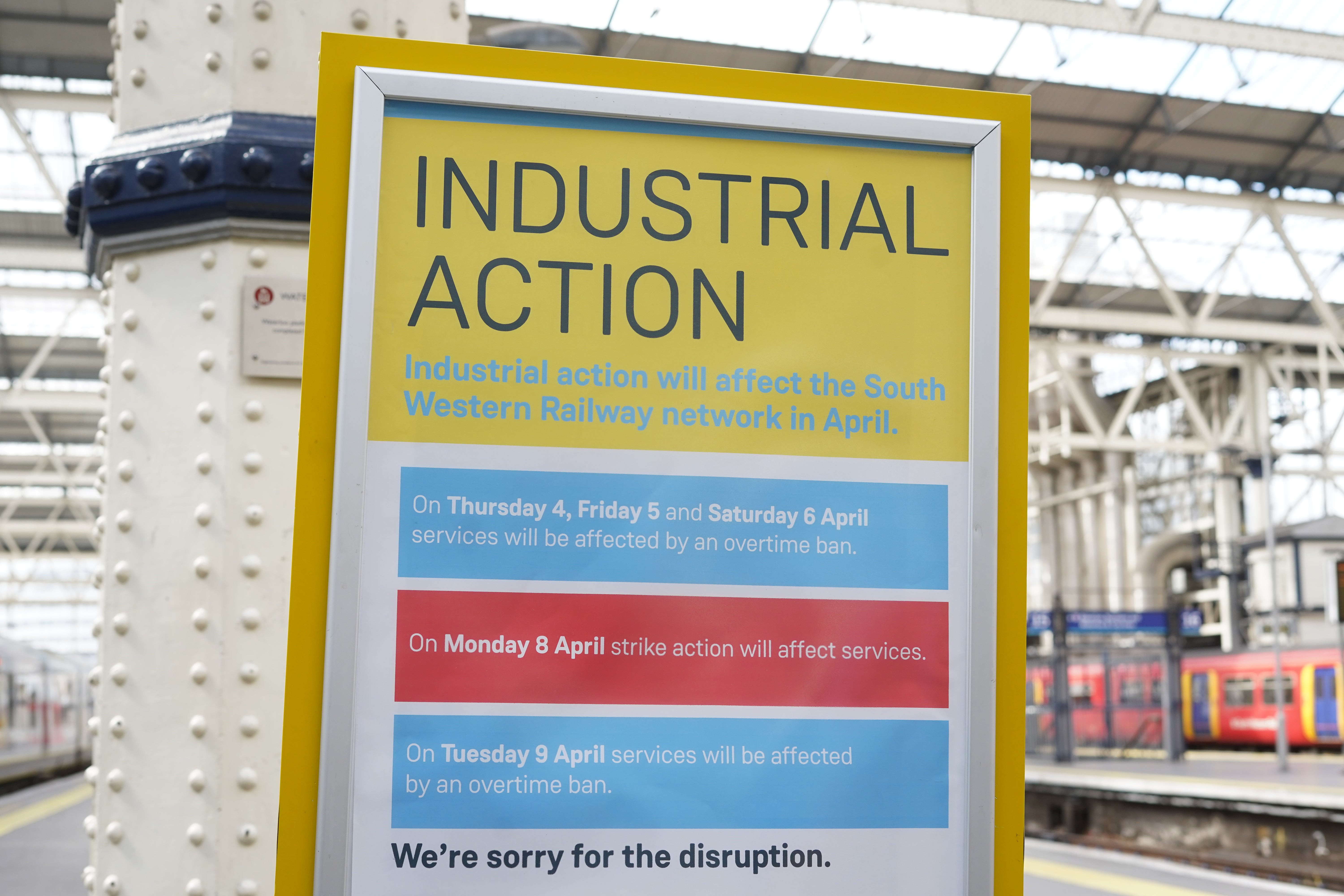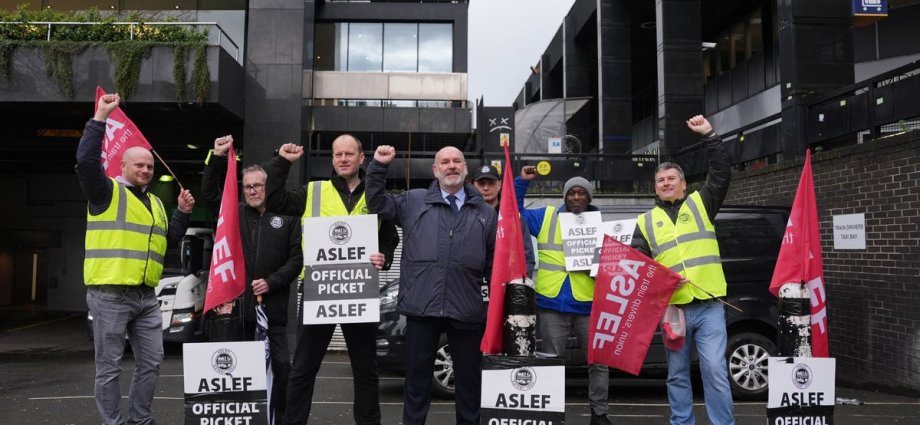Union chiefs have hailed workers’ rights reforms unveiled by Keir Starmer’s government today for “changing the balance of power” in favour of employees and away from employers.
The long-awaited package to unpick Tory anti-union legislation has been unveiled less than 24 hours after the Renters’ Rights Bill passed its second reading in the Commons.
Experts also hailed that legislation as handing power to tenants and away from landlords as Labour pushed through a revolution to protect the rights of millions of people in the UK.
The dual reforms, which aim to end exploitation in the UK, come in a week when Sir Keir has sought to put behind him the rows about freebies and his former chief of staff Sue Gray by taking a grip on the political agenda with a new top team around him led by Morgan McSweeney.
The workers’ rights reforms will see an end to exploitative contracts and fire-and-rehire practices while also including the repeal of anti-strike laws put in place by successive Tory governments.
Meanwhile, the renters’ reforms end the practice of no-fault evictions and protect the rights of people to stay in their homes.

Former TUC president Matt Wrack, the general secretary of the Fire Brigades Union, told The Independent that the workers’ rights reforms “shift the balance of power in Britain back towards workers”.
He said: “This very significant extension of workers’ rights is a huge victory for the FBU and other unions that have been at the forefront of campaigning to ensure that Labour’s New Deal for Working People is fully delivered.
“The banning of zero-hour contracts, the outlawing of fire and rehire, and other despicable working practices promoted by the Tories, are long overdue.
“The lives of firefighters and other public sector workers will be immeasurably improved by the new rights to bereavement leave and parental leave from day one of employment. The leadership of the FBU has long fought for an irreversible shift towards extending the rights of working people.
“There must be no delay in the full implementation of this hugely welcome package. That must also be reflected in pay offers to firefighters and other public sector workers in the Budget later this month.”

The plan is aimed at kickstarting workplace productivity ahead of the International Investment Summit.
Labour will say the Tories’ “strike Britain” failure meant the UK lost twice as many working days as France due to industrial action.
The government will also link the plan to its economic growth agenda.
Deputy prime minister Angela Rayner MP, who has pushed hard for the Starmer government to keep its promise to trade unions, said: “This Labour government’s plan to make work pay is central to achieving our growth mission, boosting productivity. After years of stagnation under the Tories, we’re replacing a race to the bottom with a race to the top, so employers compete on innovation and quality.
“It’s by making work more secure and modernising workplaces that we will drive up productivity, improve living standards, generate jobs and investment, and pave the way for sustained economic growth that benefits working people.
“We’re calling time on the Tories’ scorched earth approach to industrial relations. A new partnership of cooperation between trade unions, employers and government will put us in line with high-growth economies that benefit from more cooperation and less disruption.”
Commenting on the renters’ reform legislation, Lawhive’s head of legal operations, Daniel McAfee, said: “The ban on ‘no-fault’ evictions, which would abolish Section 21 evictions, fundamentally alters the balance of power between landlords and tenants.”
Conservative shadow business secretary Kevin Hollinrake said: “Despite a chorus of opposition and the fastest decline in confidence from business owners large and small on record, Labour are rushing this legislation through parliament to appease their trade union paymasters, ignoring the inevitable negative economic impact on jobs and wages.
“This is a thinly veiled reward for the trade unions after they donated £28 million to Keir Starmer’s Labour Party.
“We will look closely at the detail of what the Labour Party have set out. But businesses and the economy needs certainty not the threat of being sent back to the 1970s, unleashing waves of low threshold, zero warning strikes, driving down growth and slowing productivity.”











